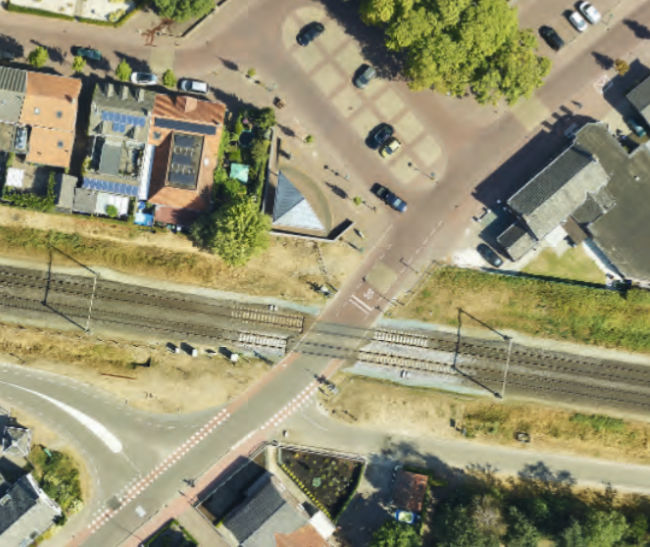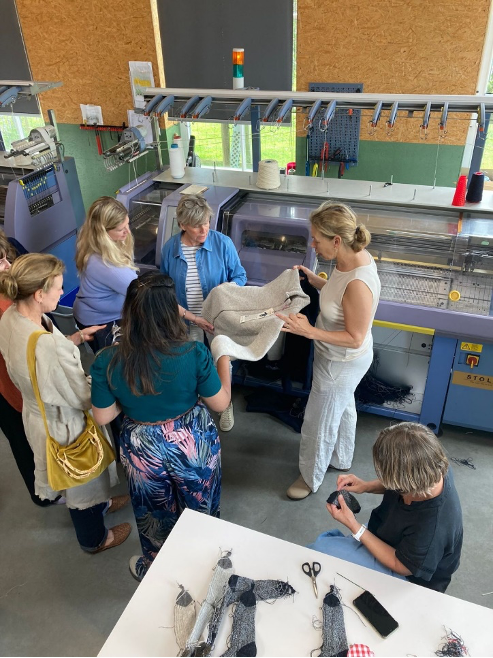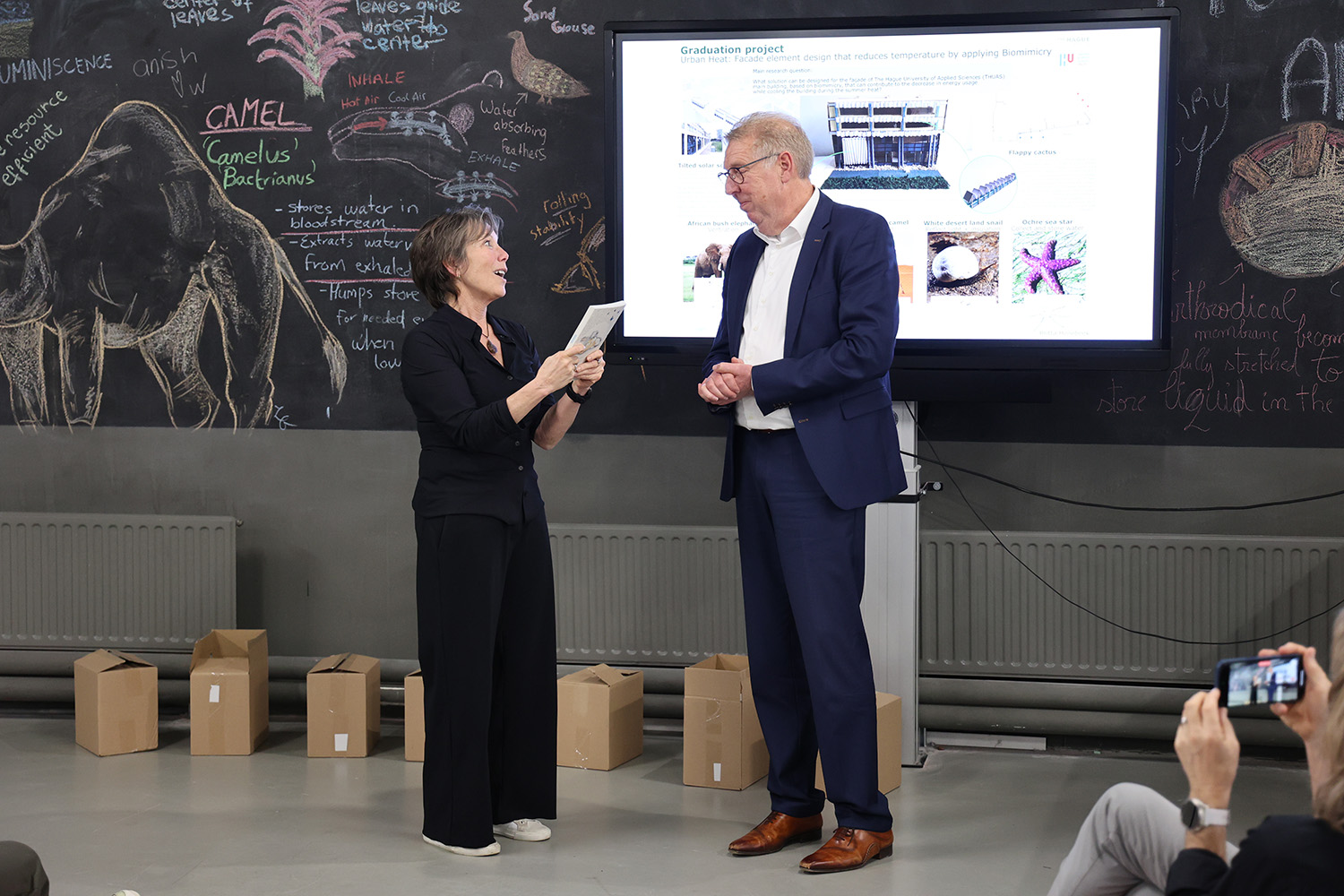Sustainable Business Models
Centre of Expertise Mission Zero
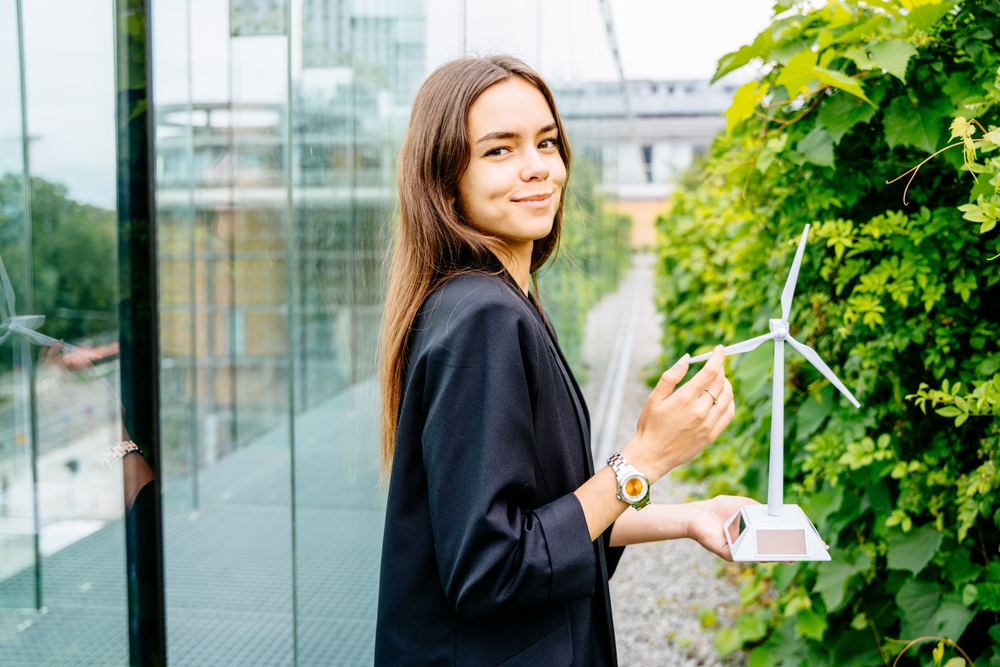
Introduction
The research group Sustainable Business Models explores how companies and organizations can develop future-proof strategies that prioritize not only financial value, but also social and ecological value.
In a world that demands new ways of creating value, the research group collaborates with businesses, civil society organizations and educational institutions to develop fresh perspectives on entrepreneurship. By combining practice-oriented and interdisciplinary research with insights from education, we create tangible tools for strategy and innovation. Together, we explore how organizations can contribute to an economy that is sustainable, inclusive, and resilient.
About the professor
dr. Linda Drupsteen-Sint
Linda has been a professor in the Faculty of Business, Finance & Marketing at The Hague University of Applied Sciences since 2025. In this role, she focuses on the development of future-proof business models that not only create financial value but prioritize social and ecological impact.
Throughout her career, Linda has collaborated closely with a wide range of businesses and societal partners aiming to embed non-financial value, such as biodiversity, well-being, and social inclusion, into their core business strategies. Her work supports these organizations in developing models that contribute actively to positive environmental and social outcomes. With a background in psychology and business administration she combines a human-centered approach with organizational thinking to tackle complex sustainability challenges.
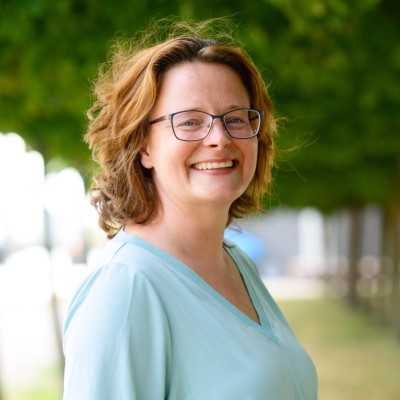
Team
Within our research group, researchers, lecturer-researchers and students work closely with practice partners to conduct research. Together they are committed to translating the results of the research -knowledge and insights- into the practice of education and the region.



